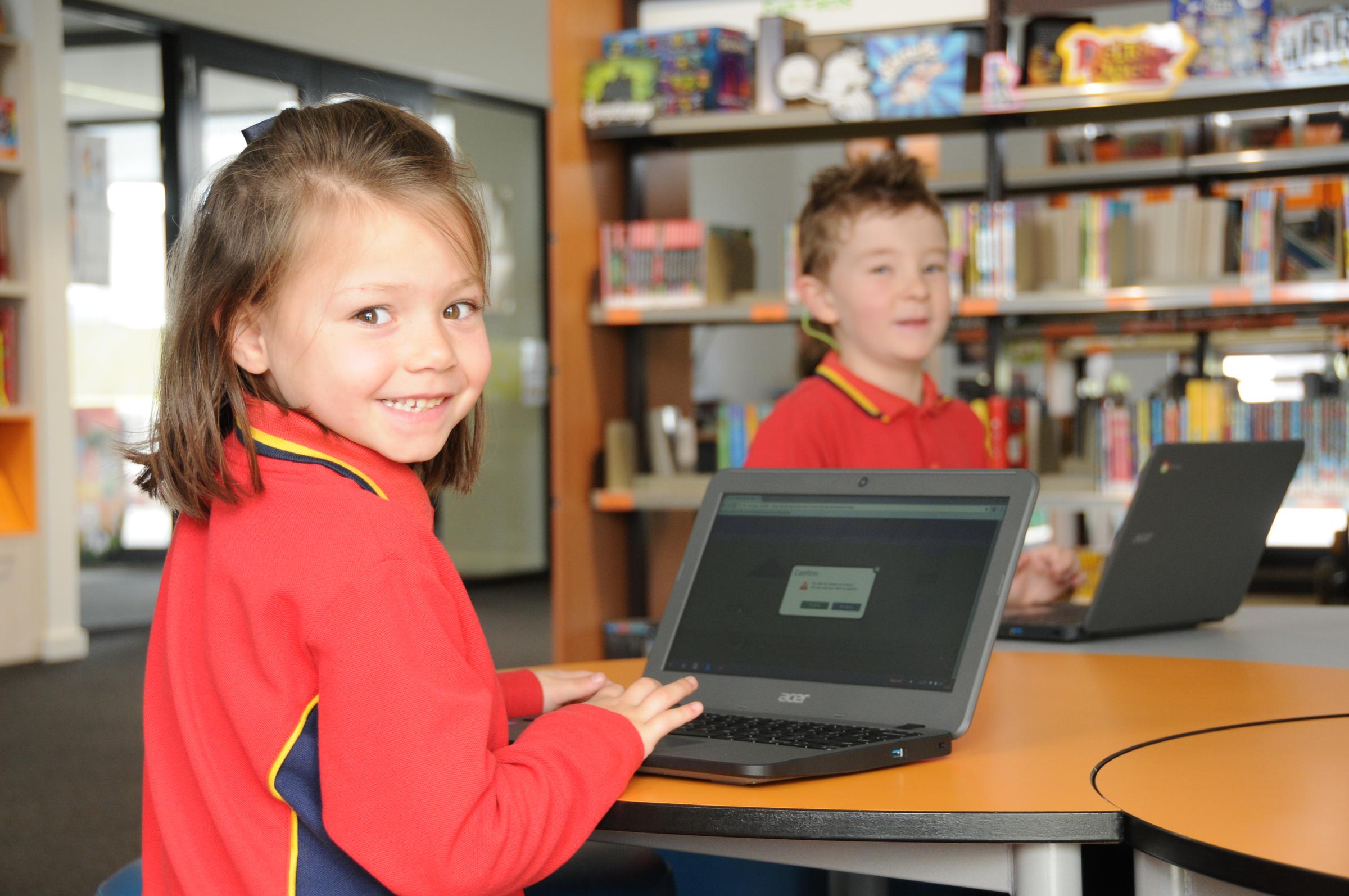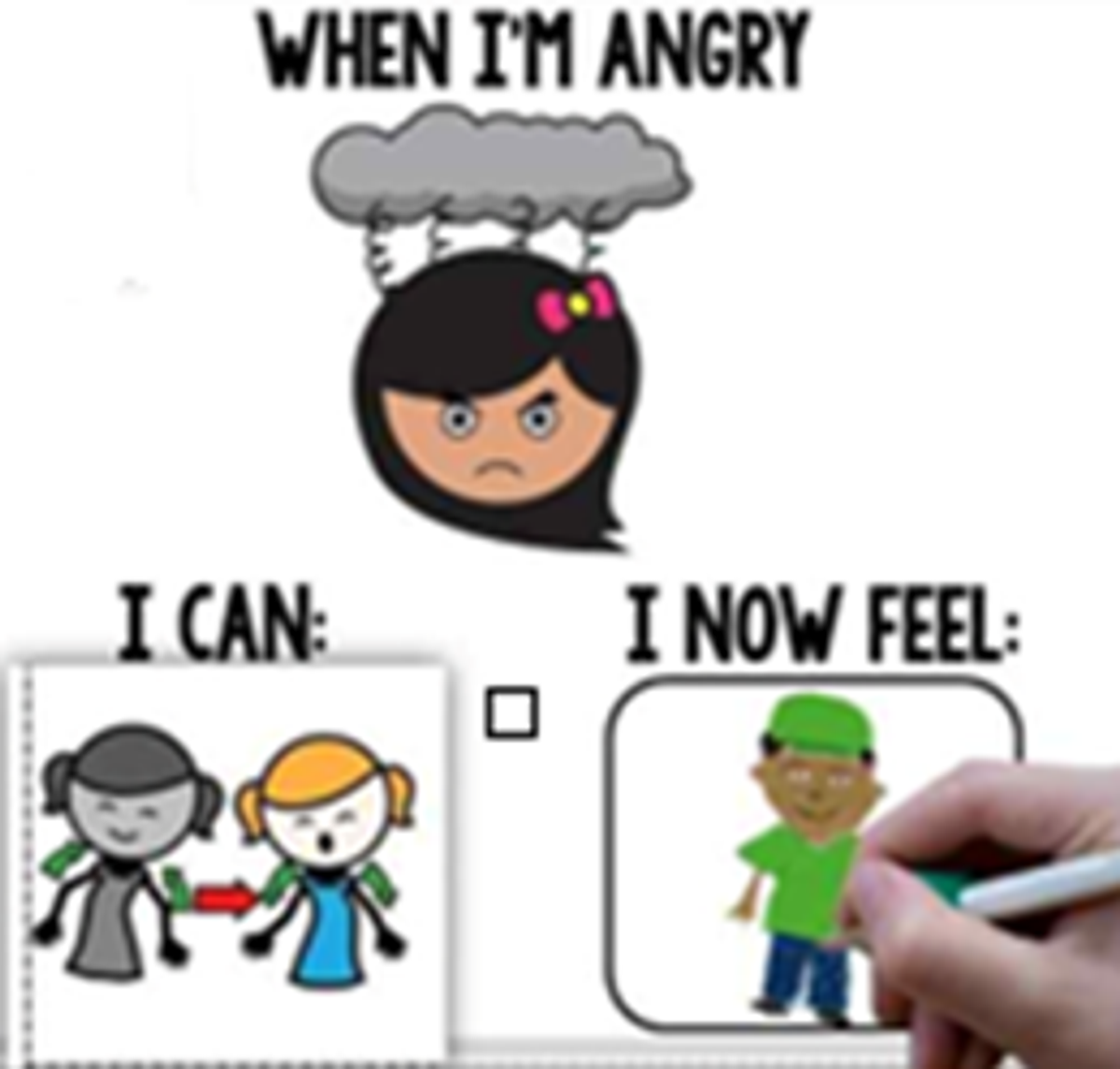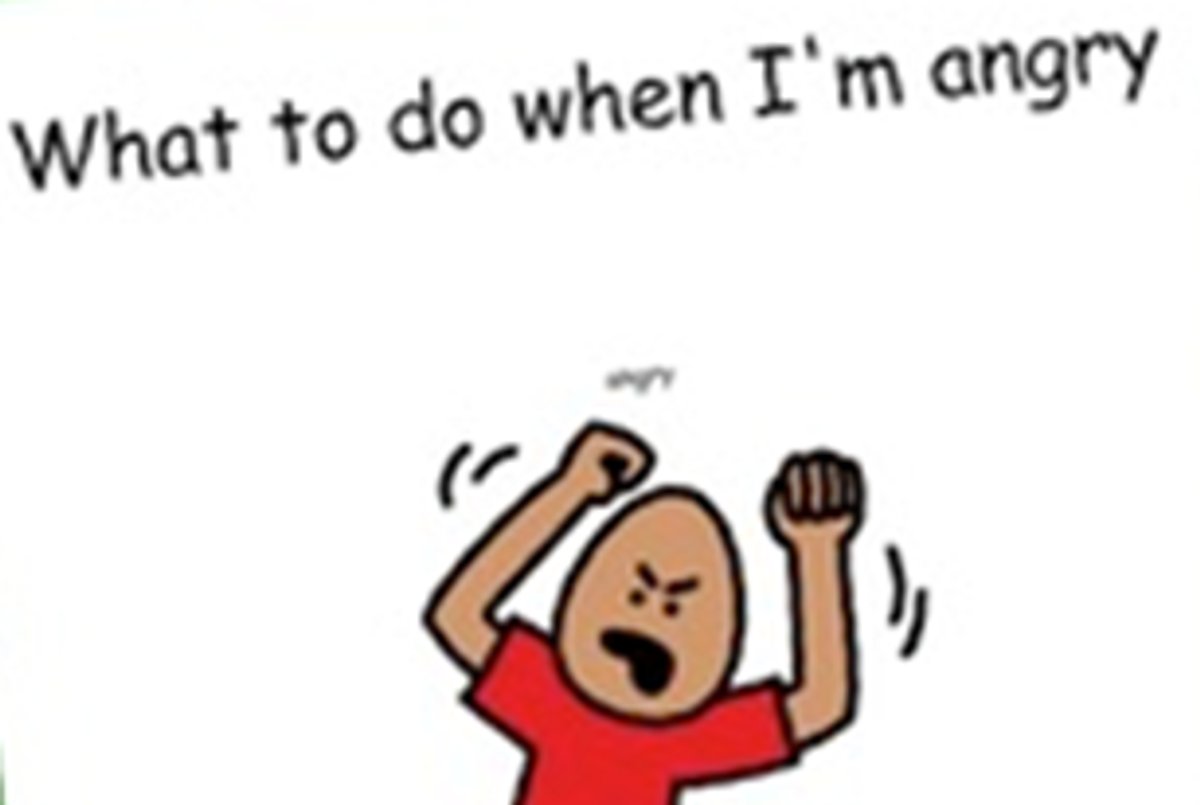Personal and Social Capability

CURRICULUM FOCUS
This week in Respectful Relationships, Grade 2 students will practise strategies to help them control the way they express anger.
VOCABULARY
Controlling how we express anger is essential for maintaining healthy relationships and emotional well-being.
ACTIVITIES YOU CAN DO AT HOME TO SUPPORT YOUR CHILD'S LEARNING
With your child, discuss the following strategies that might help them to control anger.
- Pause and Breathe: Take a moment to breathe deeply. This can help calm your nervous system before reacting.
- Identify Triggers: Recognise what specifically angers you. Understanding your triggers can help you prepare for and manage your responses.
- Use "I" Statements: When discussing your feelings, focus on "I" statements (e.g., "I feel frustrated when...") instead of blaming others.
- Practice Mindfulness: Engage in mindfulness practices, such as meditation or yoga, to improve emotional regulation and awareness.
- Physical Activity: Exercise can be a great outlet for pent-up energy and frustration, helping to release anger in a healthy way.
- Time-Outs: If you feel overwhelmed, step away from the situation to gather your thoughts before addressing the issue.
- Seek Solutions: Shift your focus from the anger itself to problem-solving. Ask yourself how you can address the underlying issue.
- Communicate Calmly: When discussing your anger, try to do so in a calm and constructive manner, avoiding shouting or aggressive language.
- Reflect on Consequences: Think about how your anger affects you and others. This can help motivate you to express it more constructively.
- Seek Support: Sometimes talking to a friend or a therapist can provide perspective and help you process your feelings.


